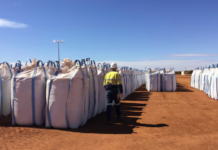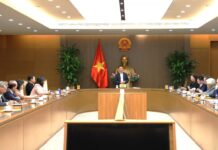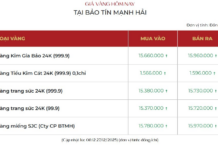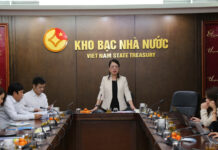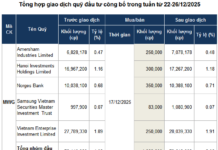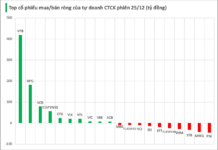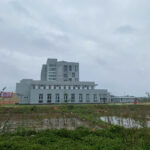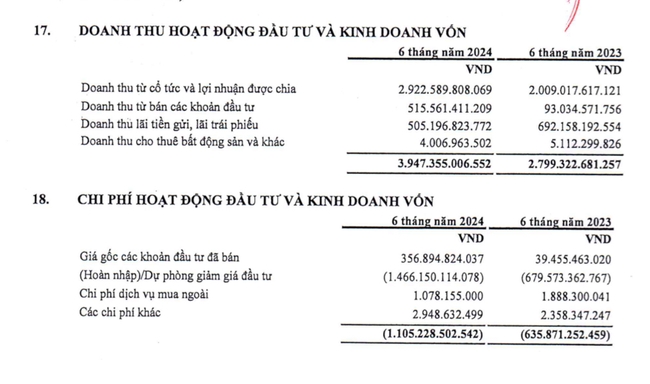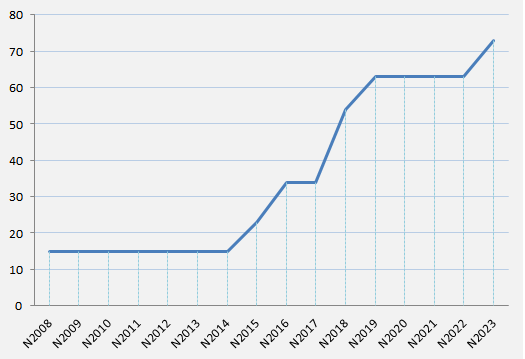During the law-building process, delegates shared their thoughts on the proposal’s profile, procedure, and requirements for building laws, as well as the principles and demands for constructing the draft law. Regarding the proposals for law construction, the delegates expressed their opinions on the profile, procedure, and requirements for making requests, the necessity of law construction, principles, and requirements for law construction, as well as the proposed policies.
DETERMINATION TO IMPLEMENT REGULATIONS AND POLICIES FOR THE BENEFIT OF THE COUNTRY
In the morning, the government provided feedback on two law projects led by the Ministry of Planning and Investment: the Public Investment Law (amended) and the Law amending and supplementing a number of articles of the Law on Planning, Investment Law, PPP Law, and Bidding Law.
The Public Investment Law (amended) is recognized for its substantial and complex modifications, additions, and short timeframe for submission to the National Assembly at the 8th session. Government members urged the Ministry of Planning and Investment to exert more effort to guarantee the perfection of the law project’s dossier as per regulations.
On the other hand, the Law amending and supplementing a number of articles of the Law on Planning, Investment Law, PPP Law, and Bidding Law introduces new modifications, supplements, and repeals 65 clauses, points, and items of four laws. Many of these changes are related to authority, procedures, and bidding in the fields of planning and investment. The delegates agreed on the necessity of constructing this law to promptly address urgent difficulties and obstacles, creating favorable conditions for investment, production, and business activities. This will contribute to unleashing all resources to boost growth.
Emphasizing the principles and requirements for constructing these laws, Prime Minister Pham Minh Chinh instructed to scrutinize and adhere closely to the Party’s new guidelines and conclusions to materialize them. He stressed putting the interests of the nation and the people first, doing what is most effective and beneficial for the country, inheriting what is good, and amending what is not. He emphasized the importance of always innovating and resolutely implementing what is right, even if it differs from current laws. In such cases, it is imperative to determine the principles of law application clearly to ensure unity in the enforcement process.
Additionally, there should be a clear division of labor and responsibilities, with each task assigned to the most capable individual. Coordination among agencies is also vital. The amendments and supplements should be adequately explained and justified with data and arguments to ensure their persuasiveness for the competent authorities.
There should be a stronger emphasis on decentralization and empowerment, coupled with resource allocation, improvement in implementation capacity, and heightened accountability for leaders. It is also essential to design tools for monitoring, supervision, and increased post-inspection while reducing pre-inspection to ensure flexibility.
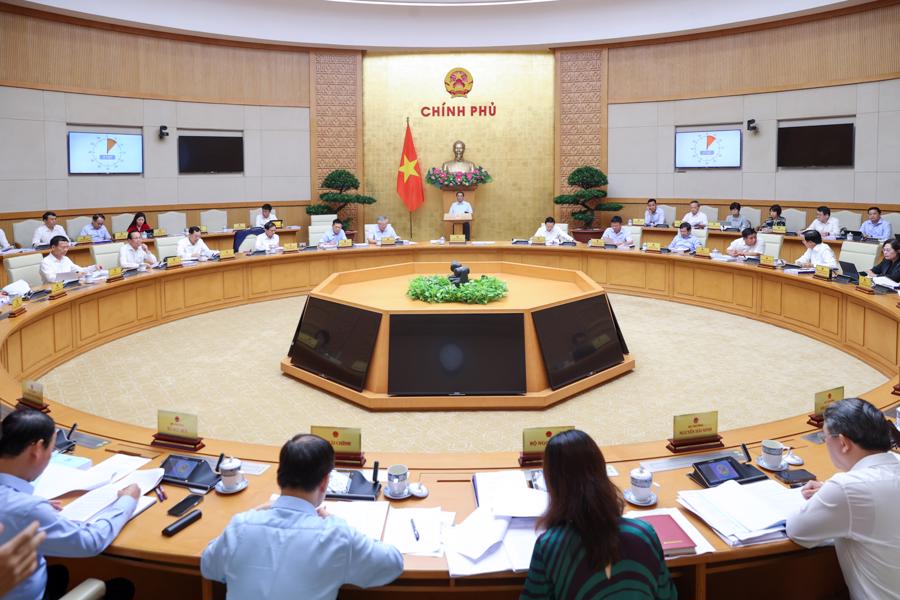
Simplification and reduction of cumbersome and bothersome procedures for people, businesses, and authorities at all levels are crucial. We must resolutely eliminate the “asking-giving” mechanism and the environment that breeds corruption, negativity, and容易导致违法行为的环境,减少缺点和错误,导致失去干部;缩短实施时间,尽早完成公私投资项目并投入运营。
It is imperative to address difficulties and obstacles in practice and mobilize the management capabilities and resources of all economic components in executing public investment projects, with public investment taking the lead and activating private investment. ODA resources should not be spread too thin but should focus on a few large and key projects that can turn the tide and transform the state.
Additionally, it is necessary to incorporate mechanisms and tools for evaluating the effectiveness of tasks, as well as supervision, inspection, and monitoring, to facilitate well-defined rewards and punishments in implementing public investment.
Prime Minister Pham Minh Chinh assigned Permanent Deputy Prime Minister Nguyen Hoa Binh to continue directing, and the Ministry of Planning and Investment to continue synthesizing the opinions of agencies, organizations, and individuals to perfect the law project. He also emphasized focusing resources on accelerating progress and closely coordinating with the Government Office, the Ministry of Justice, and related ministries to explain and absorb the opinions of government members, ensuring quality and progress in submitting to the National Assembly at the 8th session.
REDUCING REGULAR EXPENSES AND FOCUSING ON INVESTMENT FOR DEVELOPMENT
In the afternoon, the government discussed and provided feedback on the draft law amending and supplementing a number of articles under the management of the Ministry of Finance and two proposals for law construction.
The draft law led by the Ministry of Finance is the Law amending and supplementing a number of articles of the Law on State Budget, Law on Management and Use of Public Assets, Law on National Reserves, Accounting Law, Independent Audit Law, Securities Law, and Tax Administration Law.
The delegates highly appreciated the Ministry of Finance’s proactive research and coordination with ministries, sectors, and localities in summarizing practices and developing new policies to perfect the law project with full dossiers and procedures as per regulations.
Regarding the principles and requirements for constructing this law, Prime Minister Pham Minh Chinh emphasized focusing on thoroughly addressing bottlenecks and obstacles in practice, promptly facilitating production and business activities, and encouraging and mobilizing state and social resources effectively. It is also crucial to improve the investment and business environment and promote development in the new context.
Concerning the amendment of the State Budget Law and the amendment and supplement of the Tax Administration Law, the Prime Minister highlighted the orientation of increasing revenue, expanding the tax base, collecting the right taxes, and collecting them promptly. He also emphasized efficient spending, reducing regular expenses, and focusing on investment for development, ensuring that the growth rate of investment for development must be higher than that of regular spending. He further mentioned the importance of flexibility in using the state budget and enhancing tax collection from e-commerce while expediting tax refunds…
Regarding the amendment of the Securities Law, the Ministry of Finance should carefully review the regulations to create a favorable trading market and enable effective management by state agencies. As for the Accounting Law, the Ministry of Finance needs to be cautious in clarifying the application principles of accounting standards to facilitate businesses and management agencies…
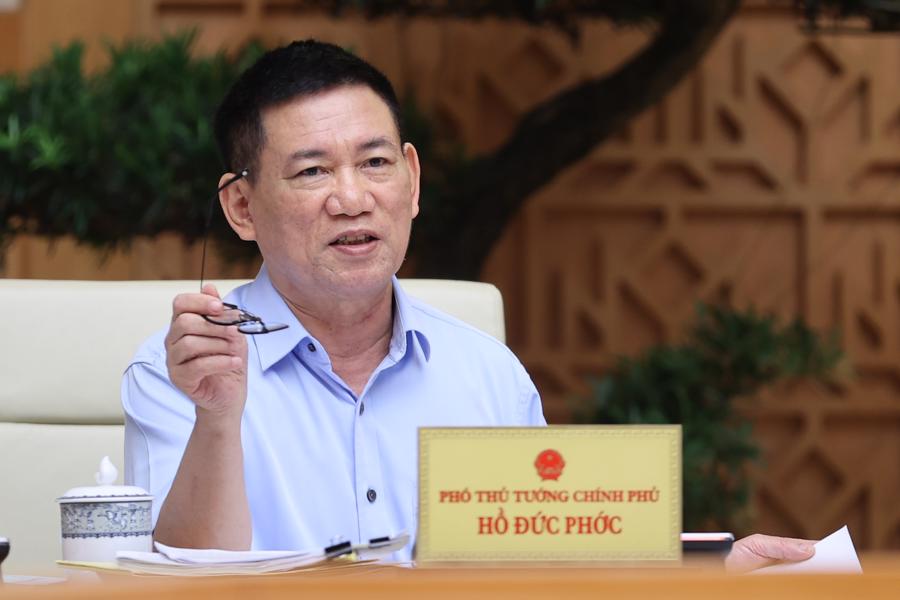
Regarding the amendment of the Law on Management and Use of Public Assets, it is necessary to remove legal bottlenecks to promote public-private partnerships and enhance forms such as “public investment, private management” for stadiums, museums, guest houses, etc. We should also encourage “private investment, public use” for office buildings and “public leadership, private management” for export processing zones, industrial parks, and high-tech parks. Regarding the amendment of the National Reserve Law, it is crucial to ensure appropriate, flexible, convenient, and timely reserves in the process of implementing reserve allocation for urgent situations.
Prime Minister Pham Minh Chinh assigned Vice Prime Minister Ho Duc Phoc to direct, and the Ministry of Finance to coordinate with related ministries and agencies to absorb the opinions of the Government and Government members at the meeting. He also emphasized the urgency of perfecting the law project dossier for submission to the National Assembly at the 8th session.
DECENTRALIZATION AND DEVOLUTION IN LAWMAKING
Regarding the proposal to build the Law on the Issuance of Normative Legal Documents (amended), led by the Ministry of Justice, the delegates agreed on the necessity of amending and supplementing the Law to perfect the law-making process. This will help address difficulties and obstacles in the work of constructing and issuing legal documents over the past time and meet the increasing demands for progress and quality in institution-building, especially in promptly proposing and issuing legal documents to handle urgent and emerging issues.
In addition to the common principles and requirements, Prime Minister Pham Minh Chinh noted some contents to be considered in the process of constructing this law. He emphasized the timely and full legalization of the Party’s guidelines and policies on the work of building and perfecting the legal system.
“What is ripe and clear, proven by reality to be effective and agreed upon by the majority, should continue to be implemented and legalized. For new and unclear issues, we should boldly pilot, learn from experience, and gradually expand, without being perfectionist or hasty. For issues that are still evolving or unclear in practice, or specific and urgent issues that need to be handled within a narrow scope and short time frame, it is proposed to authorize the Government to regulate and guide accordingly, ensuring flexibility and appropriateness,” emphasized the Prime Minister.
He also mentioned the importance of strengthening decentralization and devolution in lawmaking, along with enhancing the responsibility of leaders. It is imperative to cut down on cumbersome and unnecessary procedures that slow down the drafting and issuance of legal documents.
Prime Minister Pham Minh Chinh assigned Deputy Prime Minister Le Thanh Long to direct, and the Ministry of Justice to maximize the absorption of the opinions of Government members and those presented at the Government meeting. He urged the swift coordination with relevant ministries and agencies to research and perfect the dossier of the proposal for building the Law, submitting it to the National Assembly and the Standing Committee of the National Assembly as per regulations.
CREATING CONDITIONS FOR NEWS AGENCIES TO ENHANCE THEIR CAPABILITIES AND INFRASTRUCTURE
Regarding the proposal to build the Press Law (amended), led by the Ministry of Information and Communications, the delegates focused on discussing the proposed policies related to strengthening the management of press activities, improving the quality of journalists and leaders of press agencies, promoting the development of the press economy, and regulating press activities in cyberspace…
Regarding the principles and requirements for constructing this Law, the Prime Minister emphasized the need to closely follow and materialize the Party’s guidelines and policies on press management and development. He also mentioned amending and supplementing the current Press Law’s provisions to overcome obstacles and ensure practicality, promoting the development of the press in line with the reality and the trend of press digitization, and upholding the nature and role of revolutionary journalism.
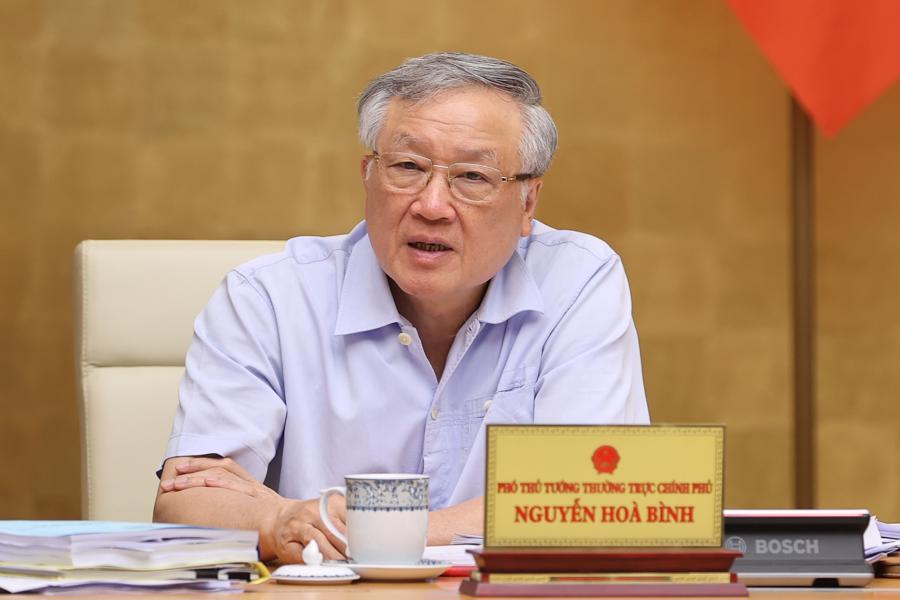
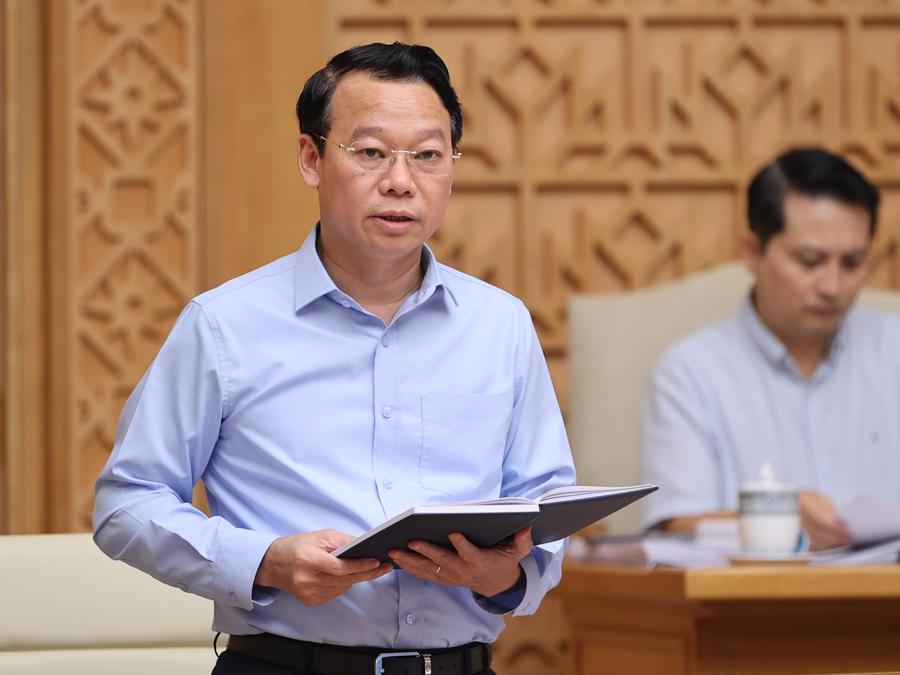
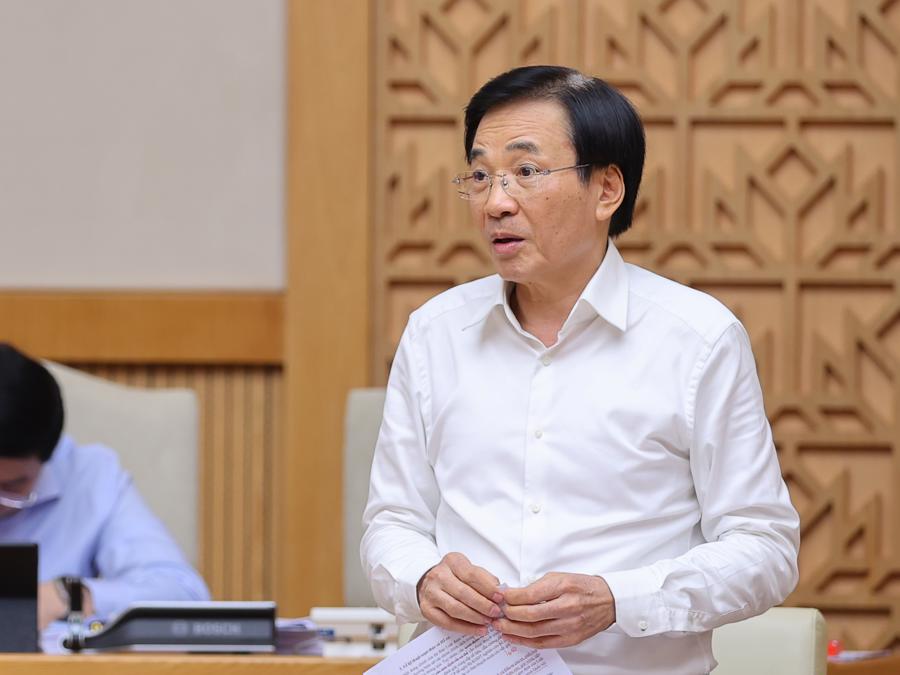
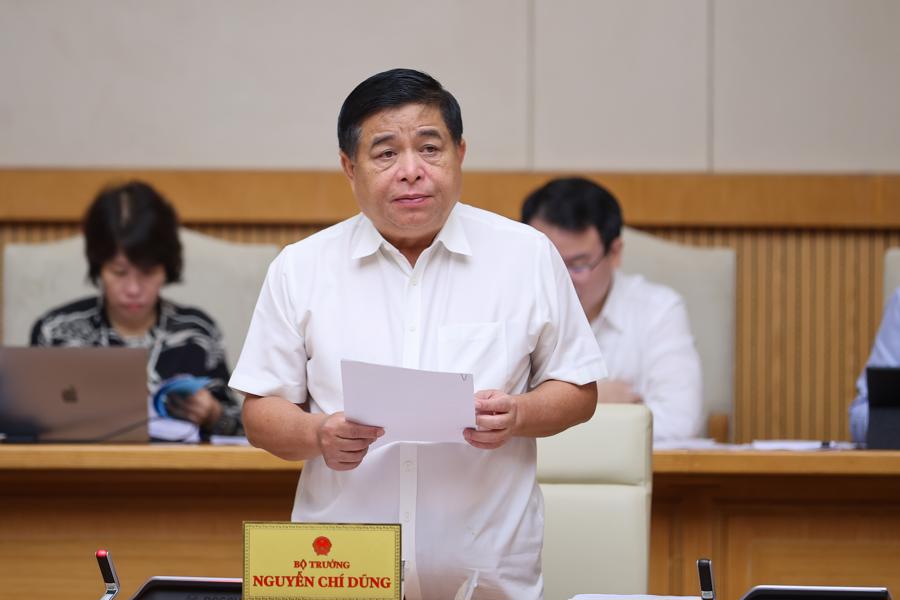
Vice Prime Minister Nguyen Hoa Binh and leaders of ministries and sectors speak – Photo: VGP
The goal is to build leading multimedia press agencies that effectively serve the interests of the nation and the people, improve the quality of journalists and leaders of press agencies, promote press digitization, and establish mechanisms and policies to ensure that press agencies fulfill their political missions assigned by the Party and the State in terms of information and propaganda, safeguarding the ideological foundation of the Party. It is also crucial to encourage and create conditions for press agencies to enhance their capabilities, infrastructure, and legitimate income sources for press agencies and journalists. Timely rewards and punishments should also be implemented appropriately.
Prime Minister Pham Minh Chinh assigned Vice Prime Minister Ho Duc Phoc to direct the perfection of the proposal for building this Law. He also instructed the Ministry of Information and Communications to coordinate with the Ministry of Justice, the Government Office, and relevant agencies to research and perfect the policies in the proposal for building the Law. The Minister of Justice, on behalf of the Prime Minister, will report to the Standing Committee of the National Assembly about adding the proposal for building the Press Law (amended) into the law and ordinance-building program, submitting it to the National Assembly in 2025.
STRICT MANAGEMENT COUPLED WITH INNOVATION FOR DEVELOPMENT
Concluding the meeting, Prime Minister Pham Minh Chinh appreciated that, after a day of urgent and enthusiastic work with a high sense of responsibility, the Government had completed five important contents. He acknowledged the efforts of the Ministry of Justice and the leading ministries in preparing and presenting the contents. He requested that the ministers seriously and fully absorb the reasonable opinions of the Government members and delegates, perfecting the proposals and draft laws according to regulations, ensuring progress and quality.
Regarding the key tasks in institution-building in the coming time, the Prime Minister mentioned the enormous workload due to the demands of reality, along with the need to dedicate time and effort to other critical tasks. At the 8th session, the Government is expected to submit 15 draft laws for approval by the National Assembly and 10 draft laws for feedback.
The Prime Minister demanded continuing to promote the spirit of serving the people, constantly improving, and living up to the trust and expectations of the Party, State, and people. He requested that the ministers and heads of ministerial agencies prioritize their time and focus their resources on directly leading and directing the perfection of the draft laws for submission to the National Assembly as per regulations. Close coordination with the agencies of the National Assembly is also vital to create consensus during the verification, explanation, and absorption of the opinions of the Standing Committee of the National Assembly and the deputies.
“In the process of building and perfecting the draft laws, it is necessary to strengthen the leadership of the Party in lawmaking, innovate thinking in law construction, and strive for both strict management and innovative development. We must mobilize resources and create new development space for the country in the new period,” emphasized the Prime Minister.
He pointed out that the preparation and submission of the draft laws should be done as soon as possible to meet the rapid changes and urgent requirements of reality. It is crucial to resolutely overcome legal obstacles in practice and present convincing arguments to create social consensus, along with the agreement of the people, businesses, and functional agencies.
The Prime Minister also mentioned that the regulations should be clear but not rigid, with a strong emphasis on decentralization and devolution, effective mobilization and allocation of resources, improvement in implementation capacity, and the design of tools to enhance supervision, inspection, and control of power.
Additionally, it is essential to reduce and simplify administrative procedures to lower costs for businesses and improve the investment and business environment. We must eliminate the “asking-giving” mechanism, reduce intermediary steps, control power, and prevent the insertion of regulations that benefit interest groups or create an environment for corruption and negativity in the draft laws.
The Prime Minister requested that the issuance of detailed documents guiding the implementation of laws and ordinances must be timely to avoid legal gaps and obstacles that cause difficulties for localities, businesses, and people, affecting the laws’ effectiveness due to delays in issuing guiding documents. The Minister of Justice is assigned to monitor, urge, and inspect the issuance of detailed guiding documents by ministries, ministerial agencies, and localities and the situation of law enforcement.
The Stock Market’s Money Flow: Why It’s Taking a Drastic Dip
“Institutional investors remain cautious, staying on the sidelines and causing a significant drop in market liquidity from September onwards. With a wait-and-see approach, these investors are biding their time, potentially waiting for economic headwinds to pass before re-entering the market with renewed vigor.”
Crafting Compelling Copy: The Amkor Advantage, Immediate Solutions for Bac Ninh’s Prosperity.
The Bac Ninh Provincial People’s Committee Portal reports that a working delegation of the Provincial Party Committee, led by Mr. Nguyen Anh Tuan, Member of the Party Central Committee, Secretary of the Provincial Party Committee, and Head of the Provincial National Assembly Delegation, visited and worked with Amkor Technology Vietnam in Yen Phong II-C Industrial Park.
An Ambitious Long-Term Partner Seeks to Increase Investment in HAH.
On September 12, Marina Logistics – a leading multi-modal transport and agency company – announced its purchase of 600,000 HAH shares. This strategic move elevated their ownership stake to an impressive 3.922%. Not content to rest on their laurels, Marina Logistics immediately set their sights on further expansion, registering to buy an additional 650,000 shares with the ambitious goal of reaching a 4.457% stake.


